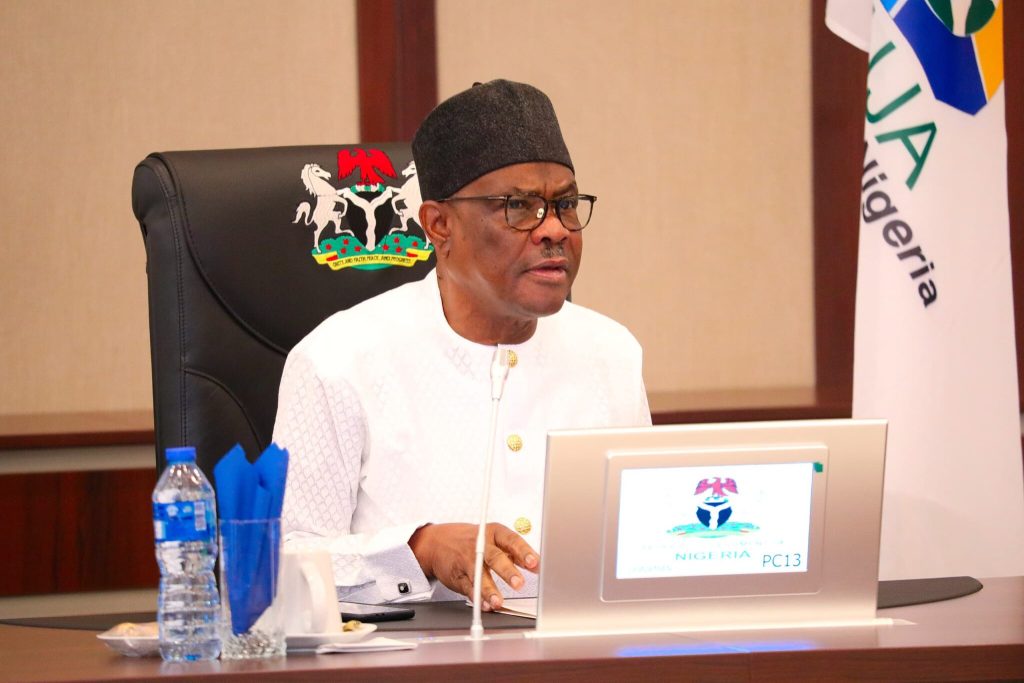Lagos Residents Protest Proposed Ban on Single-Use Plastics and Sachet Water
Lagos, Nigeria – In a move that has sent shockwaves through the manufacturing and retail sectors, the Lagos State Government has proposed a ban on single-use plastics (SUPs) and sachet water, effective January 2025. While the ban is aimed at establishing sustainable guidelines for managing plastic waste, protecting public health, and the environment, some residents are expressing concerns over the potential consequences of the policy, including job losses and economic disruption.
According to residents, the ban will not only affect their livelihoods but also compromise public health, particularly in areas where clean pipe-borne water is not readily available. For instance, water vendors and retailers who rely heavily on sachet water for their daily bread argue that the ban will lead to job losses and economic uncertainty.
Akinyemi Bolaji, a Samsung Water Ltd. Sales Manager, expressed concerns that the ban will make thousands of people lose their source of livelihood. “On the other hand, what is the reason for the ban? People are consuming it daily, so is there any way the government is putting it out to give people clean water? There should be other alternatives to curb the whole recycling issue,” he said.
Retail water sellers, such as Mrs. Osiyemi and Mrs. Ajibola, also expressed concerns that the ban will lead to a loss of livelihoods and potentially result in a cholera outbreak. Mrs. Osiyemi recalled how sachet water had been instrumental in curbing the spread of cholera and emphasized the need for awareness and proper disposal.
Meanwhile, Dr. Adeyemi, a medical doctor, opined that Lagosians could lose access to potable and affordable water due to the ban. “Instead of an outright ban, the government could invest in public water systems to ensure a reliable supply of clean water in both urban and rural areas,” he advocated.
While the ban is aimed at reducing plastic waste and promoting sustainability, some residents argue that the issue is more complex and require a multi-faceted approach, including education and awareness campaigns, as well as alternative solutions for managing plastic waste.
As the state government moves forward with the proposed ban, residents are anxiously awaiting clarity on the next steps and the potential consequences of the policy. Will it lead to a reduction in plastic waste, or will it create more problems for the residents of Lagos? Only time will tell.



